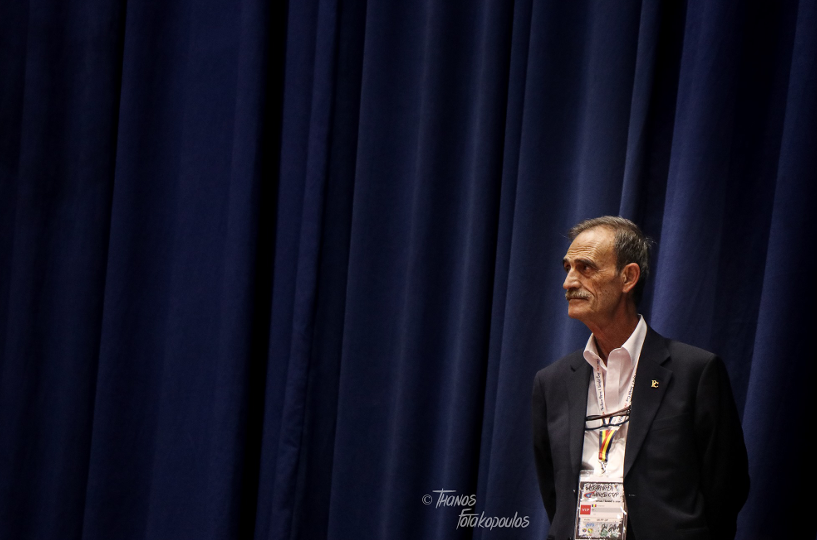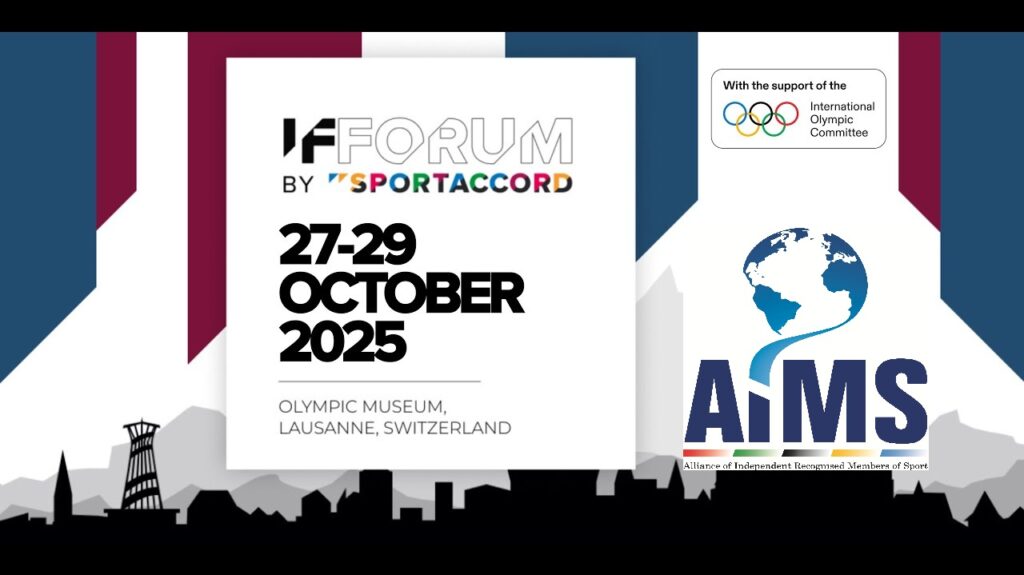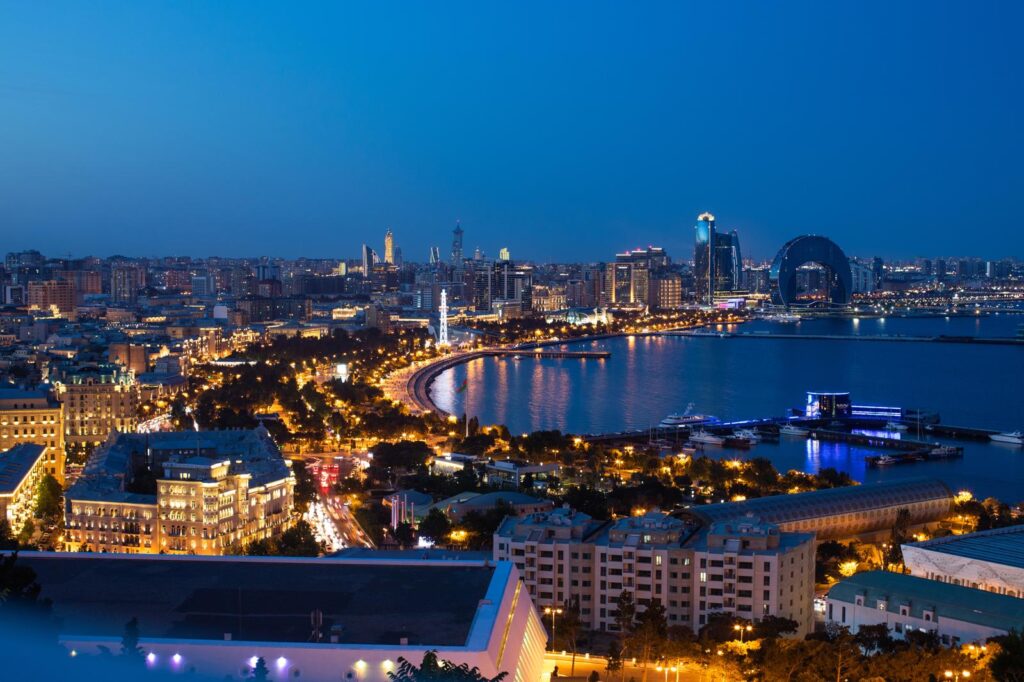A new guide has been launched by the International Olympic Committee (IOC) to provide information on good practice for sports organisations with regard to receiving and handling reports of wrongdoing, including competition manipulation, harassment, doping and corruption.
The guide was launched at Olympic House here at the third edition of the International Forum for Sports Integrity (IFSI) which bought together key leaders from governing bodies, intergovernmental agencies such as the Council of Europe, the United Nations Office on Drugs and Crime (UNODC), Interpol and Europol, betting operators and national regulating authorities. They also coincided with the International Federations (IF) Forum, which started here today.
The IOC-UNODC Reporting Mechanisms in Sport: A Practical Guide for Development and Implementation was one of a series of initiatives launched design to help combat manipulation in sport.
The guide claims to provide information on good practice for sports organisations with regard to receiving and handling reports of wrongdoing, including competition manipulation, harassment, doping and corruption.
“In the spirit of this cooperation, we have taken many measures together since the launch of the IFSI in 2015,” IOC President Thomas Bach told delegates.
“The most obvious example is the Council of Europe Convention on the manipulation of sports competitions, which came into effect last month and is already being implemented in a large number of countries.
“This is an example of the IFSI in action.”
The launch of a Sports Investigators Network, designed to share information about manipulation, including illegal betting, was also hailed as a powerful tool by Bach.
“With this network of 200 trained investigators from International and National Federations, National Olympic Committees and sports disciplinary bodies, we can really go to the heart of the problem, which is having access to information as soon as possible and, in some cases, even before the problem occurs,” Bach said.
“Having this investigators’ unit in place will allow us to address issues from the roots.”
During the Forum, the IOC and Europol also signed a Memorandum of Understanding that will establish a mutual cooperation framework between the two organisations. This, it is claimed, will facilitate the exchange of expertise, the dissemination of information and the engagement in joint endeavours related to the field of manipulation of competitions and related organised crime.
“Corruption in sports is a global criminal phenomenon perpetrated by organised crime groups operating cross-border and often involved in other crimes,” Europol’s deputy executive director Wil van Gemert said.
“Working closely together in coalition with key partners, like the IOC, is crucial in the fight against corruption in sports.
“Combating sports corruption means not only defending the integrity of sports but also protecting the public from criminals who cause significant damage to the safety, security and wellbeing of the EU citizens.”





